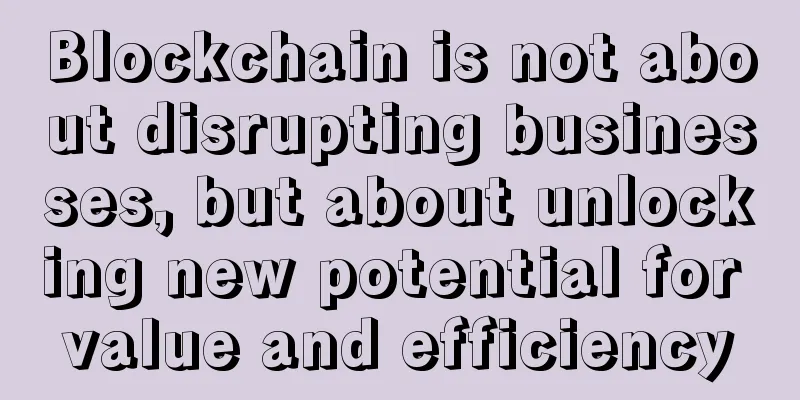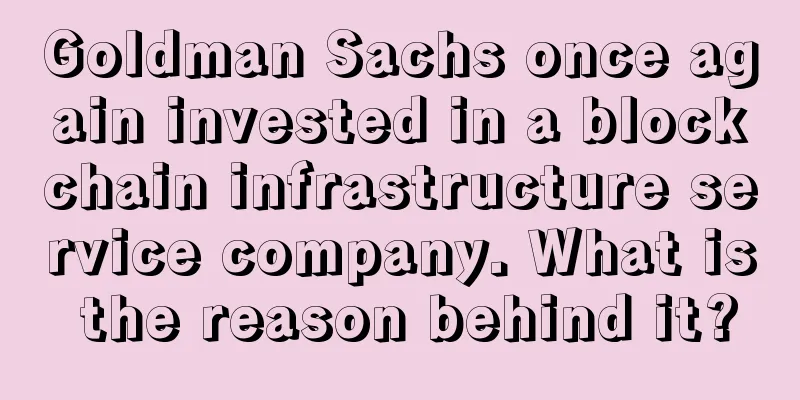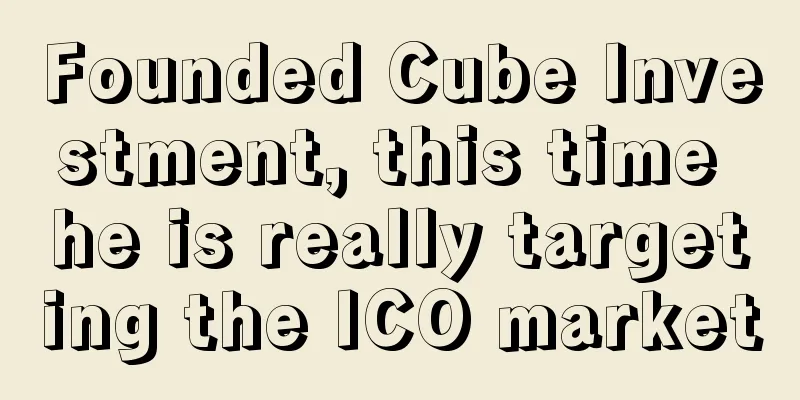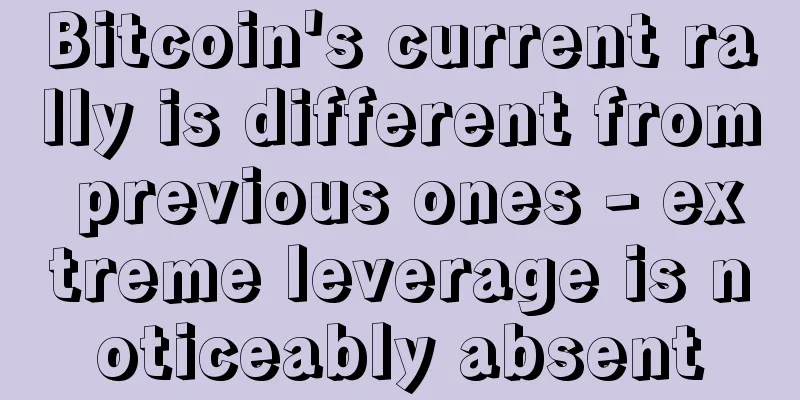Blockchain is not about disrupting businesses, but about unlocking new potential for value and efficiency

|
Matthew Spoke is a Bitcoin and Ethereum enthusiast who has been working to advance the use of Deloitte’s Rubix smart distributed protocol. In this article, Spoke believes that although many companies are optimistic about blockchain technology, whether it can become a disruptive or complementary technology remains to be seen. If 2013 and 2014 were the years of the Bitcoin exchange, then it’s safe to say that 2016 will be the year of the blockchain enterprise. In other words, there seems to be a consensus in the community that we need to make blockchain technology more accessible and more suitable for large companies to utilize. Regardless of how these companies leverage the Bitcoin protocol, the Ethereum protocol, or something else, different companies have different strategies and focus. These companies may differ by underlying protocol, industry, or use case, but they all share a common goal. In my daily life, when I talk to big companies about blockchain solutions, I often think to myself: On one hand, I recognize the huge importance of enterprise innovation and the need for existing large enterprise companies to change their status quo. I firmly believe that there will still be a place for today’s “intermediaries” and “third party roles” moving towards a more efficient and decentralized future. But on the other hand, I also see the irony of this suggestion. In the early stages, it was common to argue that blockchain opened the door to the potential for disintermediation not just for these established businesses, but for entire industries. Now, however, the industry has clearly adjusted its hostile tone and enterprises are no longer necessarily the targets of future disruption. Instead, forward-thinking businesses may become the vessels of change. For example, a growing number of companies in the global capital markets are turning to blockchain as an additional tool to redefine their businesses. The cynics might point to the fact that these same centralized intermediaries could become the logical entities that disintermediate. I won’t answer this particular question because I don’t really know the answer. At a high level, if this technology still may present some existential risk to some companies (which I think it does), then why are these companies justifying the attention and investment that they have already put into blockchain technology? Two situationsWithout mentioning specific types of companies and applications, generally speaking, I think there are two “situations” to consider:
While time will tell, my prediction is that we will see three different scenarios for blockchain adoption in these enterprise companies, depending on the industry and use case:
The good news is that all three of these scenarios will lead to a more efficient future in which blockchain is unlocking new potential for value and efficiency. The bad news, however, is that many existing companies will eventually see that their current business models and value propositions are built around scenario (1) above. If we don’t want to have these established intermediaries become “predictors of doom,” I think it’s important to have these difficult conversations, rather than pushing blockchain technology as a way to cure outdated business models. Instead, blockchain needs to become a tool to be used when planning longer-term corporate strategies, with the primary focus on redefining value propositions and building customer-centric solutions for the future. |
>>: Blockchain is the new Google
Recommend
Is it good to have a long destiny line on your palm?
There are many lines on our hands, and in palmist...
Nasdaq blockchain platform Linq welcomes its first private placement of shares
Blockchain startup Chain has used Nasdaq’s privat...
What is the impact of having a disfigured forehead?
The forehead is a very important part in our phys...
Do women with the "川" palm have good fortune?
In palmistry, there are many palm lines that indic...
What should I look at when I see a woman who is destined to be a bad husband?
A woman who is unlucky in marriage must have a fa...
Very detail-oriented, can't accept even the slightest flaw
Many people don't pay much attention to detai...
What does a person with upturned eyebrows look like? Are they really arrogant and domineering?
What is the fate of people with upturned eyebrows...
What does a round nose on a woman mean?
What does a round nose on a woman mean? How do yo...
Is a woman with fox eyes destined to wander around all her life?
Is the fate of a woman with fox eyes good? In phy...
What does a woman with upturned eyes look like? Is it a good face?
There are almost no two people in this world who l...
Payment service provider QIWI establishes Russian blockchain banking alliance
Rage Comment : After Russia annexed Ukraine, it s...
In a blockchain world, will governments and regulators take over from banks in enforcing AML regulations?
When you think “this idea is crazy”, you should s...
How to read nose wing
In physiognomy, the nose is related to our fortun...
Judging from their faces, which people are lazy and greedy?
Judging from their faces, which people are lazy a...
Facial features of people whose actions never catch up with their thoughts
It is a good thing to be rich in ideas, but ideas...









